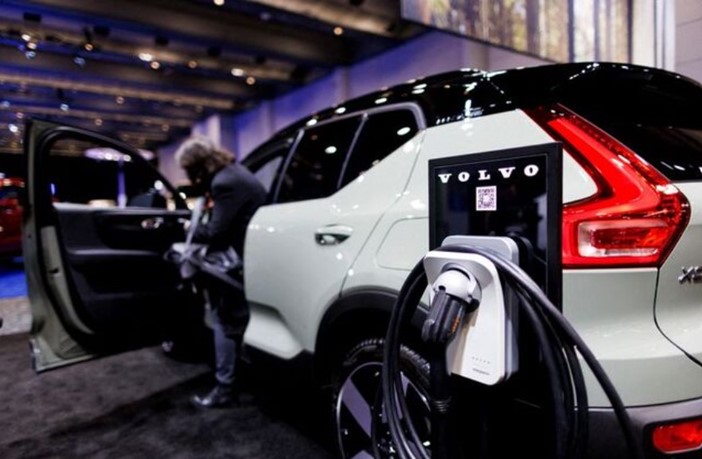
Volvo Cars Adjusts 2030 All-Electric Goal, Retains Hybrid Models in Strategy Shift
Swedish automaker Volvo Cars has revised its ambitious goal of becoming an all-electric brand by 2030, announcing that it will continue to offer hybrid vehicles as part of its lineup. The decision reflects the broader challenges faced by the auto industry, including slow adoption of electric vehicles (EVs) due to limited charging infrastructure and the higher cost of EV models.
Volvo had previously committed to selling only fully electric cars by the end of the decade, but on Wednesday, the company said it now expects between 90% and 100% of its vehicles sold by 2030 to be either fully electric or plug-in hybrids. The remaining 10% may still consist of mild hybrid models to meet market demand.
The move comes as many automakers pivot back toward hybrids, driven by growing consumer interest in these models. Hybrids, which offer a combination of electric and gasoline power, are seen by some buyers as more affordable and convenient compared to fully electric vehicles, which still face concerns over range and charging infrastructure.
Volvo Cars, majority-owned by China's Geely, cited shifting market conditions and evolving customer preferences for the decision. The company also noted the potential impact of upcoming European tariffs on electric cars imported from China.
By 2025, Volvo anticipates that 50% to 60% of its sales will be electrified vehicles, including both full EVs and hybrids—a departure from its earlier goal of at least 50% being fully electric by that time.
Despite the shift, CEO Jim Rowan reaffirmed the company's commitment to an electric future, stating, "We are resolute in our belief that our future is electric. However, it is clear that the transition to electrification will not be linear, and customers and markets are moving at different speeds."
Volvo Cars also emphasized the need for more robust government policies to support the widespread adoption of electric vehicles and speed up the transition to greener transportation.